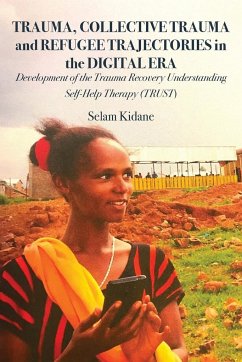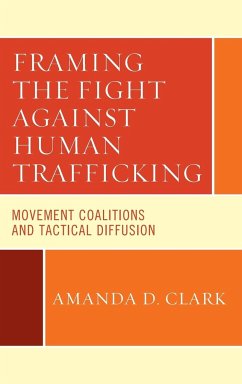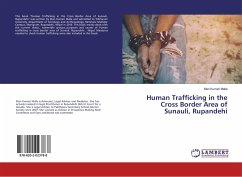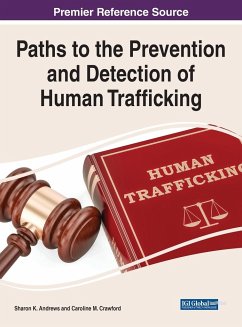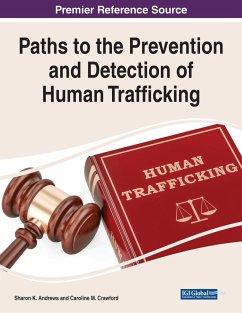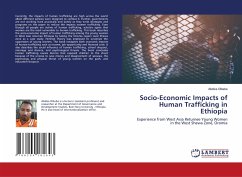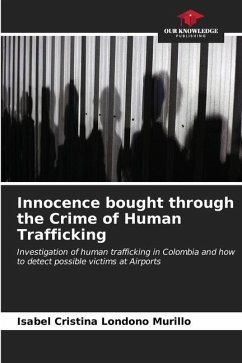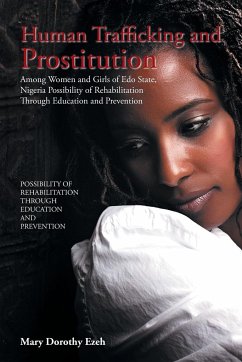
Human Trafficking and Trauma in the Digital Era
The Ongoing Tragedy of the Trade in Refugees from Eritrea
Herausgeber: Reisen, Mirjam Van; Mawere, Munyaradzi
Versandkostenfrei!
Versandfertig in 1-2 Wochen
57,99 €
inkl. MwSt.

PAYBACK Punkte
29 °P sammeln!
Eritrean refugees crisscross between countries in the Horn of Africa and North Africa in search of a safe place. Along their journeys, they are looted, threatened, intimidated, violated, and held for ransom. This book revisits the human trafficking crisis that first emerged in the Sinai at the end of 2008 and examines the expansion of human trafficking of Eritrean refugees and other forms of exploitation beyond the Sinai. It focuses on the modus operandi of these practices and on identifying their key facilitators and beneficiaries. The book locates the origin of these practices within Eritrea...
Eritrean refugees crisscross between countries in the Horn of Africa and North Africa in search of a safe place. Along their journeys, they are looted, threatened, intimidated, violated, and held for ransom. This book revisits the human trafficking crisis that first emerged in the Sinai at the end of 2008 and examines the expansion of human trafficking of Eritrean refugees and other forms of exploitation beyond the Sinai. It focuses on the modus operandi of these practices and on identifying their key facilitators and beneficiaries. The book locates the origin of these practices within Eritrea; it reveals how a deliberate policy of impoverishment and human rights abuses has driven the people out of the country, and how individuals within Eritrea, and particularly within the ruling party, benefit from the smuggling and trafficking of Eritrean refugees. The use of information communication technologies (ICTs) is identified as key to the new modus operandi of this criminal business and is found to further facilitate widespread collective trauma amongst Eritreans, who witness the abuse of their family members and fellow nationals through digital networks. An entire section in this book is dedicated to assessing the extent and effects of individual and collective trauma caused by Sinai trafficking and to examining potential approaches to healing. Other sections discuss the vulnerabilities of Eritrean minors and women, and the connections between human trafficking, terrorism and organ trafficking. The last section of the book raises the question of accountability. It examines and evaluates international responses to this forgotten crisis, and discusses the need for policies that tackle the problem where it emerges: in Eritrea.





